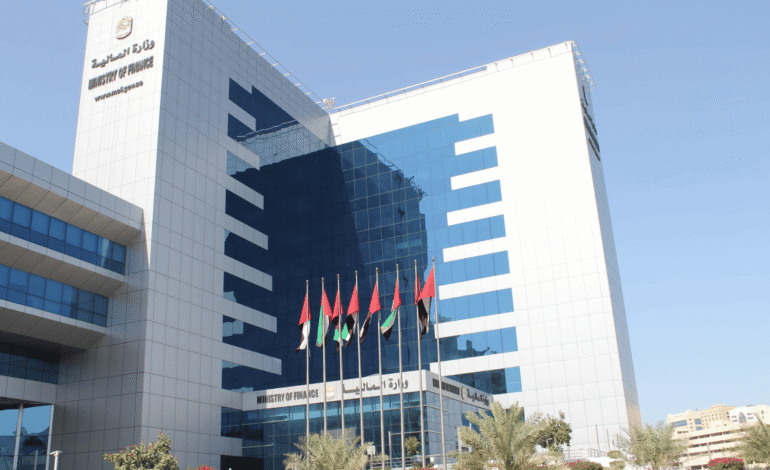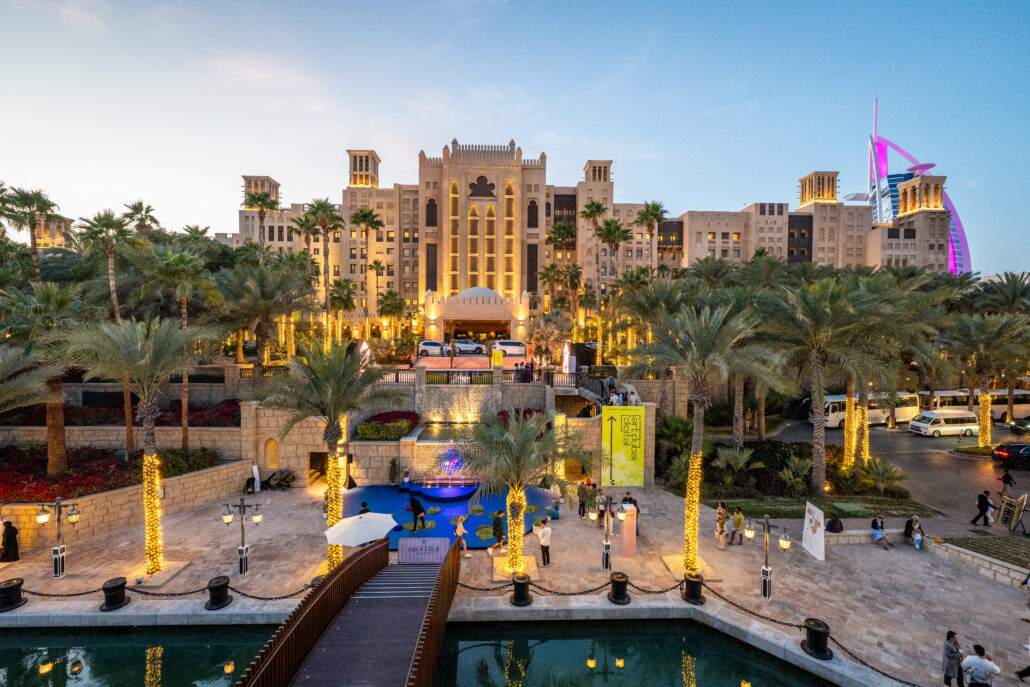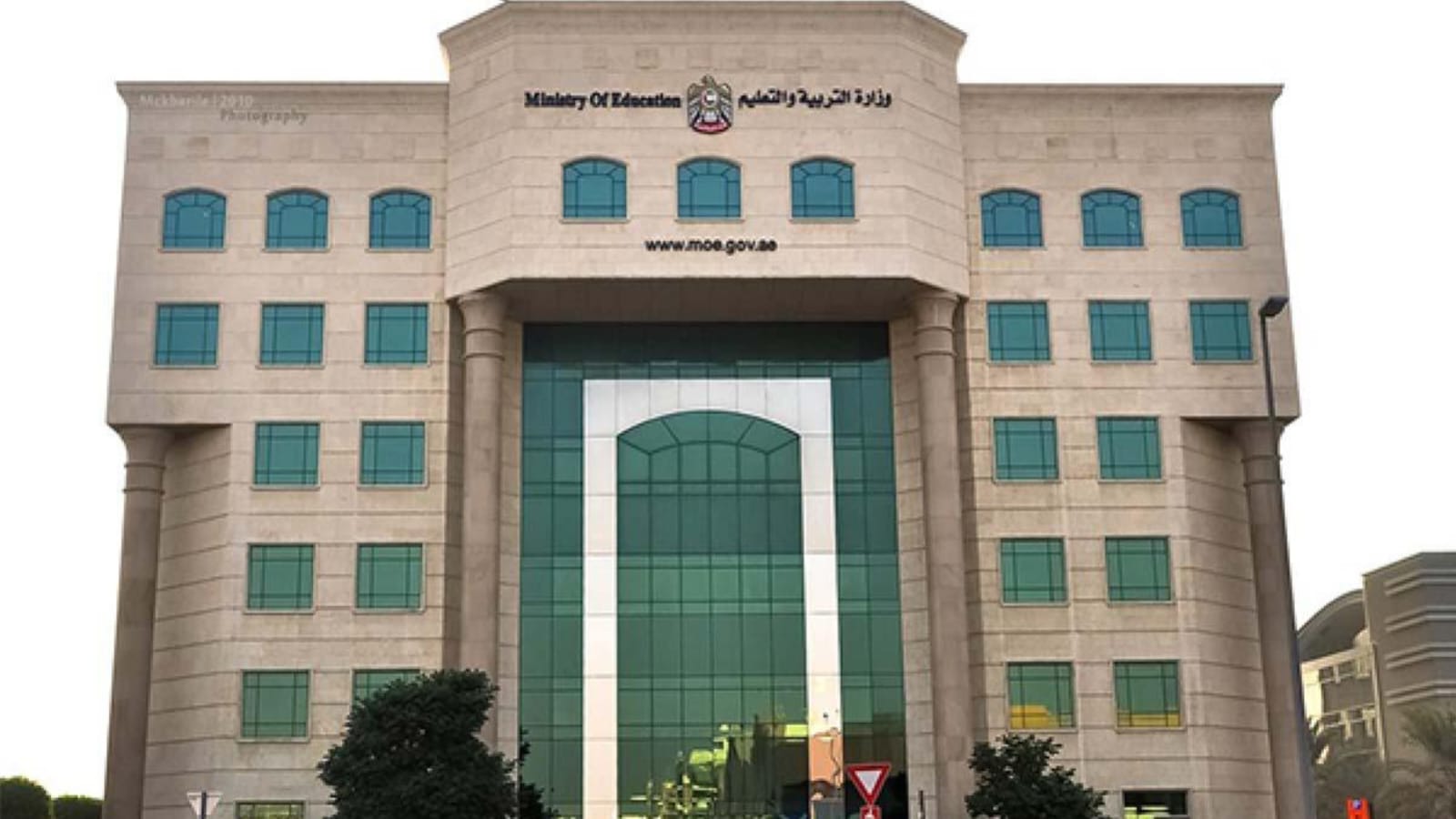UAE Ministry of Finance Strengthens PPP Framework for Sustainable Growth

The UAE Ministry of Finance has announced major steps to expand public-private partnerships, also known as PPPs. These partnerships will now serve as a key part of the nation’s strategy for sustainable economic growth and development.
As part of the plan, the Ministry confirmed the introduction of a federal law that regulates PPP projects, a detailed project manual that explains every stage of planning and execution, and training programs that will help both government officials and private companies manage these projects more effectively.
This move builds on Federal Law No. (12) of 2023, which was designed to encourage private sector involvement in federal projects. That law created the first nationwide structure for PPPs. With the new framework, the UAE is going further by offering a clear and transparent system that improves trust, ensures fair competition, and makes it easier for the private sector to contribute to national development.
Why the UAE is Expanding Public-Private Partnerships
The UAE’s goal is to become a world leader in economic innovation and sustainable growth. A stronger PPP system is central to achieving this ambition. Public-private partnerships give the government access to private funding, technology, and expertise, reducing the pressure on public budgets while improving the quality of services delivered.
The expansion of PPPs means faster delivery of infrastructure projects, improved healthcare services, better education systems, and stronger investment in renewable energy and digital transformation. It also creates new opportunities for international investors, who are drawn to transparent rules and reliable returns.
The Ministry of Finance explained that these partnerships are not only about funding. They are also about building confidence, transferring knowledge, and ensuring that both public and private partners share risks and rewards. This collaborative model aligns perfectly with the UAE’s reputation as a country that values innovation, growth, and openness to the world.
The Clear Goals of the New PPP Framework
The new PPP framework was designed with several important goals in mind. It aims to make better use of private sector skills in finance, administration, and technology. It also ensures that knowledge gained through these projects is passed on to government entities, strengthening the abilities of federal agencies.
The framework provides rules for selecting projects, reviewing proposals, and conducting fair bidding processes. This creates transparency and prevents favoritism, giving every company whether local or international a fair chance to participate.
Younis Haji AlKhoori, Undersecretary of the Ministry of Finance, explained that this framework is a top priority. He described PPPs as a vital tool for sustainable development and a way to strengthen the resilience of the national economy. He also emphasized that these partnerships will play an important role in achieving both the “We the UAE 2031” vision and the longer-term UAE Centennial 2071 strategy. According to him, the exchange of expertise between public and private sectors will improve services, reduce costs, and bring lasting positive results to the community.
How the Framework Will Be Implemented
To ensure that the new system is practical and easy to follow, the Ministry released the “Manual on PPP Projects, Management, and Execution” in June 2024. This manual acts as a full guide, covering the entire project cycle. It explains how projects should be planned, studied, designed, executed, and supervised.
The manual is now the main reference for federal entities and private partners, making sure that every project follows the same high standards. It eliminates confusion and guarantees that procedures are consistent across all sectors.
Alongside the manual, the Ministry also launched a specialized training program in partnership with an APMG International-accredited institute. This program provides essential skills to both government employees and private sector managers.
The Broader Benefits for the UAE Economy
Public-private partnerships bring wide-ranging benefits, and the UAE’s new approach makes these advantages even stronger. By involving private partners in infrastructure, healthcare, education, renewable energy, and technology, the government creates opportunities that go beyond simple project execution.
In infrastructure, private companies will help design and deliver advanced roads, bridges, ports, and smart city projects that improve trade, connectivity, and daily life. Healthcare, PPPs will bring global medical expertise to the UAE, modernizing hospitals and expanding access to high-quality care. In education, the partnerships will help schools and universities adopt digital learning and advanced teaching methods, improving opportunities for students.
In renewable energy, the private sector will accelerate the UAE’s clean energy transition with investments in solar, wind, and other sustainable technologies. And in technology, PPPs will support digital transformation by introducing artificial intelligence, blockchain, and smart platforms into public services, making them more efficient and accessible.
These projects are not just about growth. They are about ensuring that development is sustainable, inclusive, and beneficial to society as a whole.
Transparency and Investor Confidence
The project manual provides step-by-step guidance so that no stage of the process is unclear. And the training program ensures that both public and private partners have the skills to manage projects effectively.
This level of clarity and oversight is rare in many parts of the world. By implementing it, the UAE has created one of the most attractive environments for investment. Companies know they are dealing with a government that values fairness, reliability, and strong governance. This builds trust and encourages more investors to bring their resources, expertise, and technology to the UAE.
Linking PPPs to National Strategies
The expansion of PPPs is not a short-term plan but part of the UAE’s broader national strategies. The “We the UAE 2031” vision focuses on doubling the size of the economy, enhancing social well-being, and strengthening global partnerships within the next decade. Public-private partnerships are central to this mission, as they accelerate development and ensure efficiency.
The UAE Centennial 2071 strategy looks even further ahead. It aims to make the UAE the best country in the world by 2071, based on education, innovation, sustainability, and community well-being. PPPs support this by creating world-class infrastructure, improving public services, and building knowledge-based industries that will power the economy for generations.
By aligning the PPP framework with these strategies, the Ministry of Finance has made sure that every project contributes directly to national goals. This approach combines short-term efficiency with long-term vision.
Knowledge Transfer and Human Development
One of the most important features of PPPs in the UAE is their focus on knowledge transfer. When international companies collaborate with federal entities, they bring advanced technologies, management practices, and expertise that are then shared with Emiratis.
This process strengthens the skills of the local workforce, particularly in areas such as project management, digital transformation, and sustainable development. Over time, this creates a pool of highly skilled professionals who can manage future projects independently.
By focusing on training and knowledge transfer, the UAE is ensuring that PPPs build not only physical infrastructure but also human capacity. This investment in people is what makes the framework sustainable and future-ready.
The Social Impact of Public-Private Partnerships
Public-private partnerships are not just an economic tool. They are also a way to improve everyday life for citizens and residents. The UAE’s new framework ensures that PPP projects deliver real benefits to society.
For healthcare, this means access to modern hospitals and advanced treatments. And for education, it means better schools, digital tools, and opportunities for students to gain practical skills. For infrastructure, it means faster and safer transport networks and smart cities that make life more convenient. For the environment, it means clean energy projects that reduce pollution and create a healthier future.
At the same time, PPPs create more jobs and business opportunities, giving residents and entrepreneurs a direct role in the nation’s growth.
A Long-Term Vision for Growth and Sustainability
The UAE Ministry of Finance has made it clear that PPPs are not just about completing projects. They are about creating long-lasting value for the economy and society. By combining public oversight with private expertise, the UAE is building a model that reduces costs, improves efficiency, and ensures sustainable growth.
This framework strengthens the economy, attracts investment, builds knowledge, and improves the quality of life for the community. It also aligns with the UAE’s national strategies for 2031 and 2071, proving that the country’s leadership is not only focused on immediate development but also on building a future-ready economy and society.
With this bold step, the UAE is once again setting an example for the world. Its integrated approach to PPPs shows how governments and private companies can work together to achieve sustainable development, innovation, and shared prosperity.







